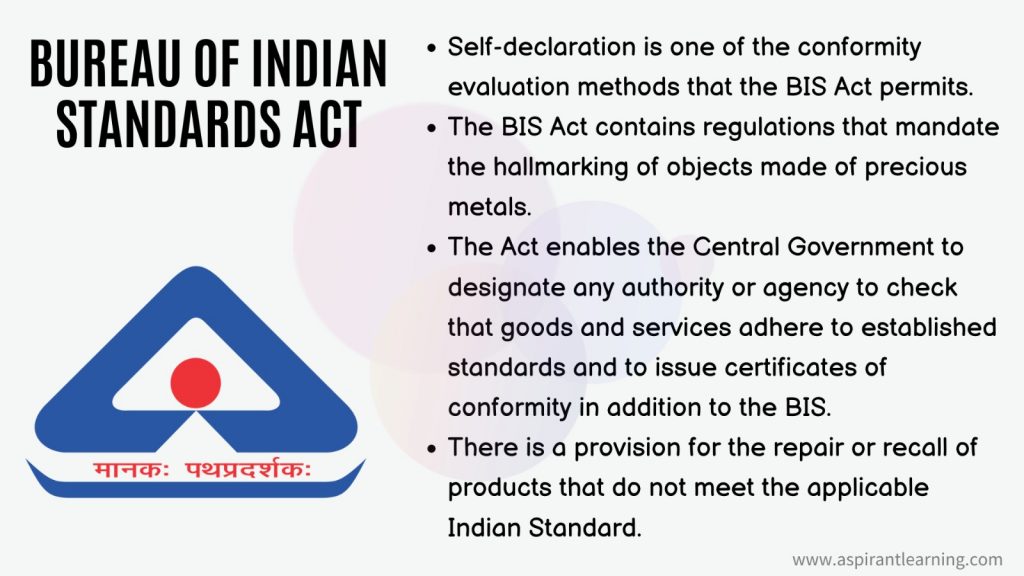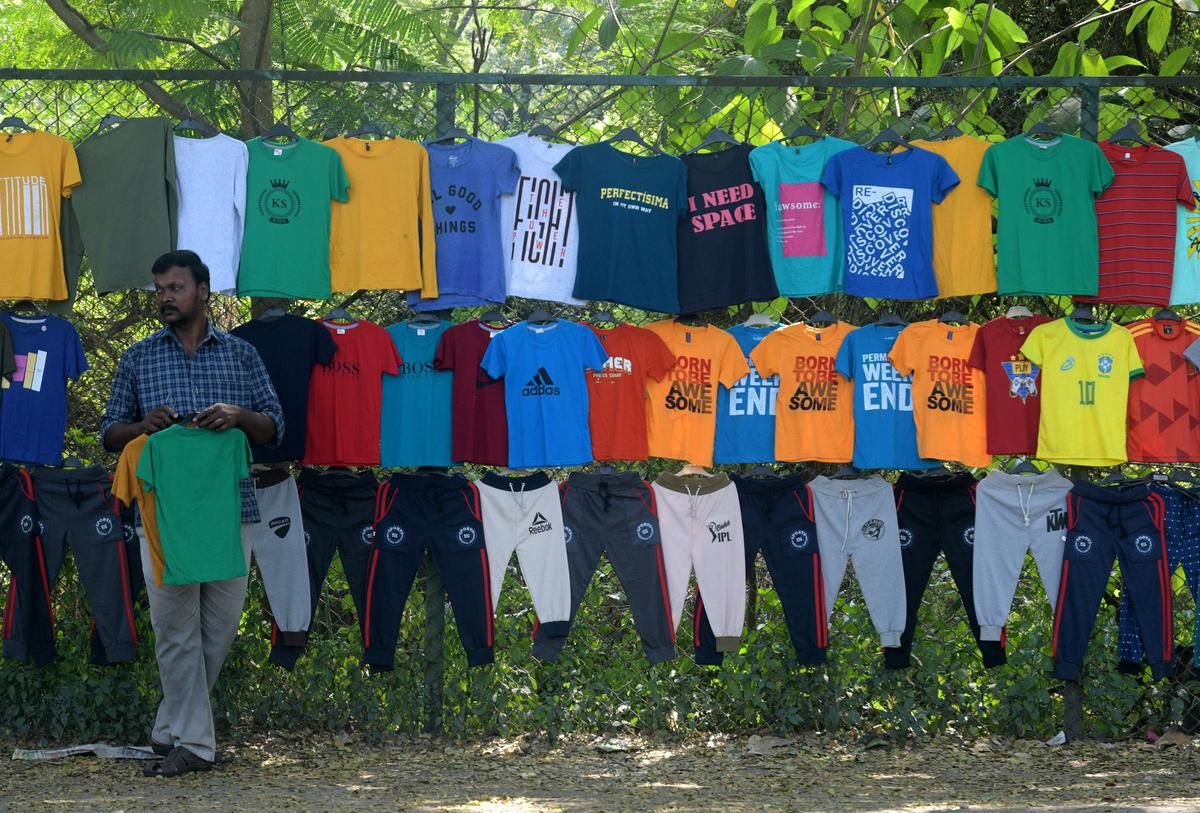News Highlight
Quality Control Orders (QCO) have been issued for fibres — cotton, polyester and viscose.
Key Takeaway
- Quality Control Orders (QCO) have been issued for the fibres cotton, polyester, and viscose, which comprise most of the Indian textile and clothing business.
- International suppliers of these fibres to India must also obtain a certificate from the Bureau of Indian Standards (BIS), the certifying body for the QCOs.
Quality Council of India
- About
- In 1997, the Quality Council of India was established.
- It was established as a public-private partnership model on the model existing in the Netherlands at the time.
- It was jointly set up by the Government of India and the Indian Industry represented by the 3 industry associations;
- Associated Chambers of Commerce and Industry of India (ASSOCHAM).
- Confederation of Indian Industry (CII).
- Federation of Indian Chambers of Commerce and Industry (FICCI).
- QCI got formed under the Societies Registration Act 1860 to provide accreditation services in different sectors for products, services and persons.
- The Council is self-governing and operates under the authority of its Governing Body.
- The governing body has equal representation of government, industry and industry associations.
- It receives no government funds or financial support; it is a self-sustaining non-profit organisation with its own set of rules.
- Project management, monitoring the performance of various cells, data analytics, and tactical research are all aspects of QCI work.
- The primary duties include developing timelines and assessing the needs of the plans, coordinating with stakeholders and developing methodologies.
- In addition, overseeing the general execution and mobilisation of the projects.
- QCI performs a comprehensive survey to assess the Swachh Bharat Mission’s success rate.
- QCI launched a voluntary certification programme to ensure standardised yoga practises around the globe.
- The Prime Minister of India appoints the Head of QCI.
Why are fibres covered under QCOs?
- India’s textile and clothing industries use indigenous and foreign fibres and filaments.
- Imports are made for various reasons, including;
- Cost competitiveness
- Non-availability in the domestic market
- To satisfy a specific demand of a foreign buyer.
- The QCO’s primary goal is to control the import of low-quality and cheaper items while ensuring that customers receive quality products.
- So far, the complete supply chain, from textile manufacturers to exporters, has been focused on quality standards set by buyers.
Challenges of the new mandate
- India imports 50,000–60,000 tonnes of viscose fibre and its variants, including Modal and Tencel LF, every year from nearly 20 nations.
- Nearly 90,000 tonnes of polyester fibre and 1.25 lakh tonnes of POY (Polyester Partially Oriented Yarn) are supplied annually.
- Foreign fibre manufacturers ship not only to India but also to other countries.
- Some fibres are only available in small amounts in India.
- Obtaining the certificate from the BIS is costly; thus, not everyone is interested in obtaining the certificate.
- Indian textile manufacturers who rely on these vendors for raw materials will have to seek alternative suppliers or risk losing orders.
- For example, a Tiruppur district bed linen exporter imports polyester filament with functional features from Turkey depending on the need of his European consumers.
- Although imported filament accounts for only 6% of the product, the buyer has specified the source of the filament.
- Because the Turkish company is not interested in obtaining the BIS certificate, the Tiruppur exporter has lost an order to Pakistan.
- Furthermore, BIS officials must visit the manufacturing unit abroad before issuing the certificate.
- This process has yet to be completed for all suppliers who have applied for BIS registration.
- There is no information on the fibres that were shipped before certification and will arrive in India in the coming days.

Way Forward
- When imported, some kinds of fibre, whether viscose or polyester, have particular functional qualities and a separate HS (Harmonised Commodity Description and Coding System) designation.
- Yet, because these are grouped in the QCO, they have consistent quality criteria.
- The textile sector imports only modest amounts of such fibres, and limiting their availability will deprive Indian consumers of speciality items.
- The textile industry believes that imports of specialised fibres used in blends with other fibres should be permitted without restriction.
- Furthermore, any overseas applicant for a BIS certificate should receive it as soon as possible after examination.
- Some textile operations use lower-grade fibres derived from rejects and trash, which the QCO does not cover.
- There is also concern that basic clothing prices may rise.
- Furthermore, polyester spun yarn manufacturers in the MSME sector require cash assistance to establish product testing facilities.
- According to the industry, the QCO should be deployed only after all ambiguities have been resolved and all irregularities have been corrected.
Pic Courtesy: The Hindu
Content Source: The Hindu



